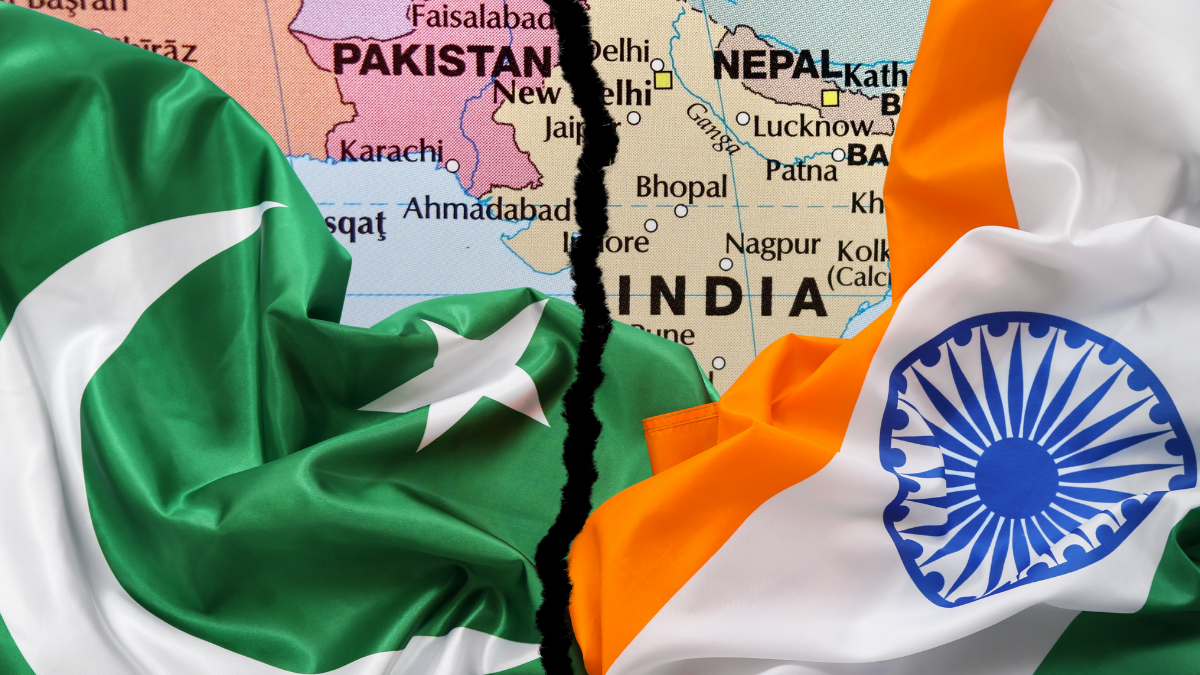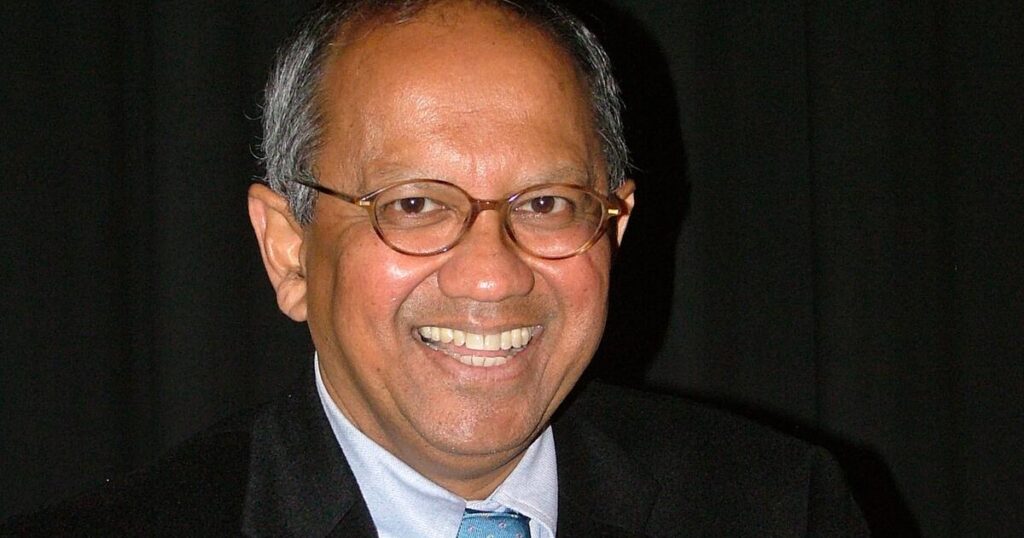Long-simmering tensions between neighbors India and Pakistan came to a boil May 7, as India announced early morning that it carried out air strikes on Pakistan, in retaliation for an April 22 terrorist attack in Kashmir.
In the mission named “Operation Sindoor,” India hit 9 locations in Pakistan, resulting in at least 31 deaths.
Last month, militants killed 26 people, including many tourists, in picturesque Pahalgam, a holiday destination in the state of Jammu and Kashmir. The Resistance Force, affiliated with the Lashkar-e-Taiba terrorist group, initially took credit for the attack. India has blamed Pakistan for the murderous incident, but Pakistan denies any support for the terrorists.
For a broader perspective on possible escalation by the two nuclear-armed countries, American Community Media interviewed Dr. Sumit Ganguly, Senior Fellow and Director of the Huntington Program on Strengthening US-India Relations at the Hoover Institution, Stanford University. Below is the interview, edited for length.
Professor Ganguly, was India forced to retaliate in some way given an intense amount of pressure from its citizenry and the media following the April 22 terrorist attacks in Pahalgam?
Sumit Ganguly: That is absolutely correct because of the sheer viciousness of the attack and the cruelty that it involved. And also it punctured the notion that normalcy had returned to Kashmir.
Is this about to escalate? Are you envisioning an armed conflict between the two nations?
I do not envision an armed conflict between the two nations. But I do see some level of escalation because Pakistan’s Prime Minister Shehbaz Sharif is under considerable pressure from the military to give them a free hand to respond as they deem appropriate. They will probably try and inflict some pain on the Indian military.
General Asim Munir is known for his bellicosity towards India, which he made clear in a speech he had given barely a week prior to the terrorist attack. So it is almost inevitable that there will be a degree of escalation, but neither side can afford a wider war.
And why do you say that, Professor Ganguly?
Largely because India can ill afford to move significant numbers of troops from its northern border with China, which is what a major war would entail. And furthermore, Indian Prime Minister Narendra Modi has other fish to fry, particularly dealing with complex trade negotiations with the United States.
As for Pakistan, the country is in a state of financial freefall. Starting a major war with India would inflict much greater pain on Pakistan’s already suffering population.
/
There’s great concern that both India and Pakistan have nuclear capabilities. Do you anticipate a confrontation where one side does choose to use nuclear weapons?
There is always that fear whenever you are talking about two nuclear armed powers which have a long history of hostility. But on the other hand, I sincerely doubt that either side will be as reckless as to resort to the use of nuclear weapons. I think it is in their mutual interest, given the density of populations on both sides and the short flight times of missiles and the like, that avoiding a nuclear conflict is in their mutual interest.
With regard to alignments, the US has already indicated its support for India being able to defend itself. Can India depend on US support if this conflict does escalate? And conversely, can Pakistan expect support from China?
The Chinese have already provided rhetorical support to Pakistan. It remains to be seen if they will provide material assistance to Pakistan. Chinese behavior in the past has waxed and waned, even though the Chinese and the Pakistanis talk about their friendship being an all-weather friendship.
Nevertheless, China has not always been as forthcoming as the Pakistanis might have liked, even though Pakistanis claim that the Chinese have been their staunch ally.
As far as the United States is concerned, President Donald Trump is distracted with a host of other domestic issues. There is no assistant secretary for South and Central Asia. There is no ambassador to India. And Secretary of State Marco Rubio is wearing four different hats, including that of the national security advisor.
And while Rubio has spoken to both the Pakistani and Indian foreign ministers, there’s still only so many hours in a day when he’s putting out multiple fires and picking fights with the Europeans. So for the first time in a long time, the U.S. may be too distracted to be able to focus its attention on the crisis in the subcontinent in a meaningful, substantive fashion.
Is there a role here for the United Nations Security Council?
The UNSC is going to be paralyzed because I doubt that the Russians will give the Chinese leeway. And who knows what the U.S. will do? Mike Waltz has just been transferred as the U.S. representative to the U.N., and Waltz has no particular fondness for China. But on the other hand, he’s a creature of Trump, and he will do whatever Trump tells him to do.
UN Secretary General Antonio Guterres has spoken out quite vigorously about the importance of avoiding escalation, but I don’t think he has much clout on this issue.
Is there clear evidence of Pakistani involvement? Because that is the premise India is using for its retaliatory strikes.
Not in the public domain. And this is what the Pakistanis are trumpeting with great glee and delight. But when do nations reveal sources and methods? Revealing evidence would also shed light on India’s capabilities to track these things.
I have a strong suspicion that the Indians have electronic intercepts. But they are obviously not going to release those because that would make clear to Pakistan what capabilities India possesses. So, no, there is no evidence in the public domain. But it is not an unreasonable inference to make that Pakistan is complicit.
But given the level of homegrown insurgency in the region…
How would a homegrown organization get this level of weaponry and be able to penetrate multiple security cordons that exist around Srinagar? I have traveled extensively with the Indian Army in that region and not even a rabbit can get through. There was clearly an intelligence failure that these terrorists managed to get past that security cordon.
And more importantly, my strong suspicion is that there was some complicity on the part of local Kashmiris who enabled these people to travel from the line of control all the way, 150 miles, to the outskirts of Srinagar. They could not have done this without some local support.






